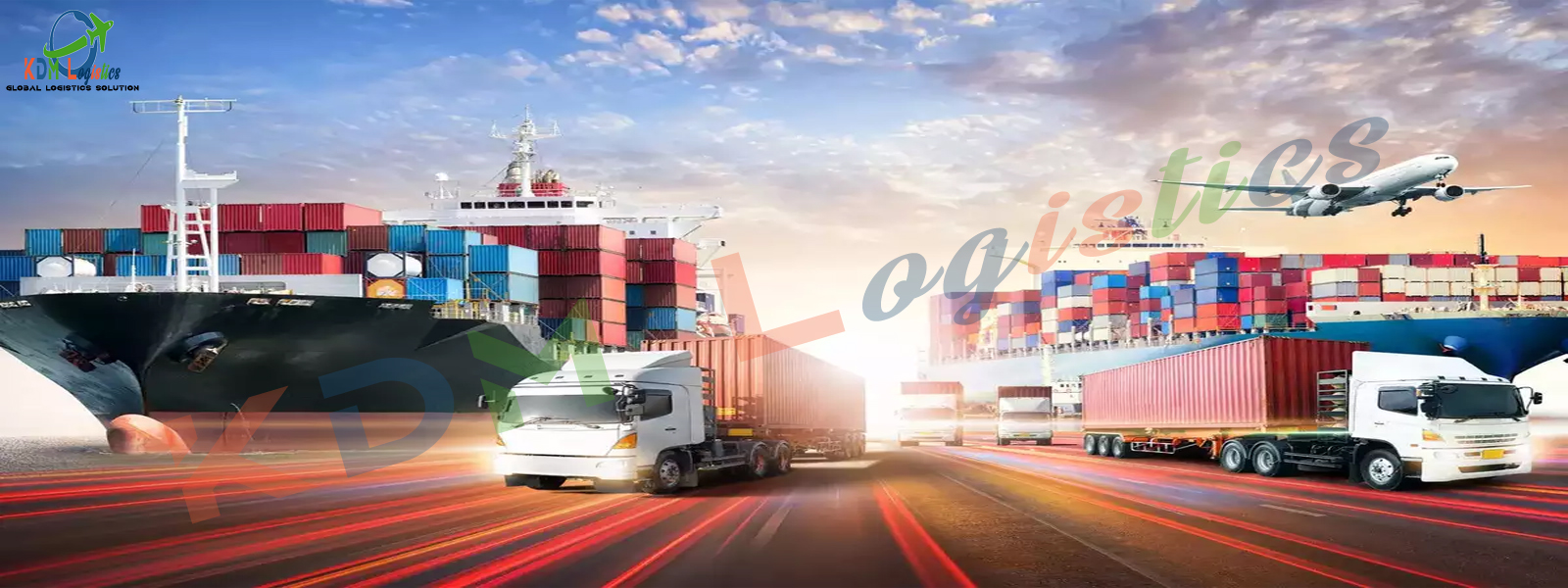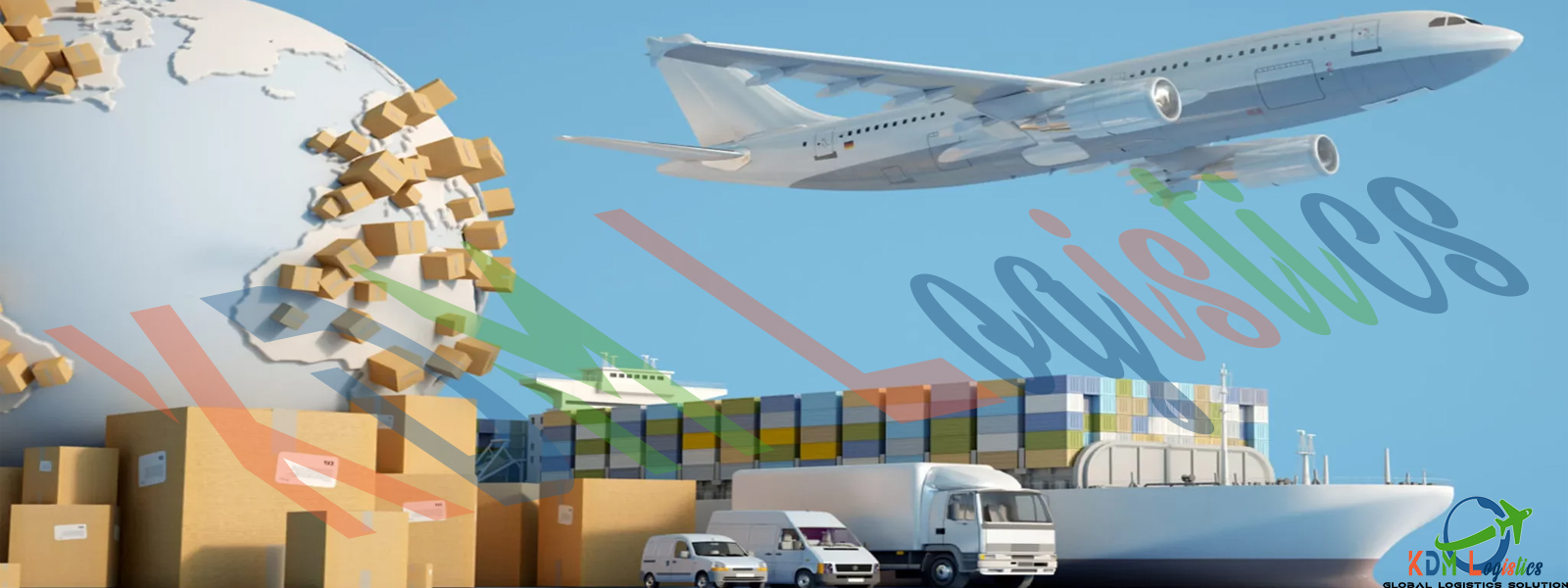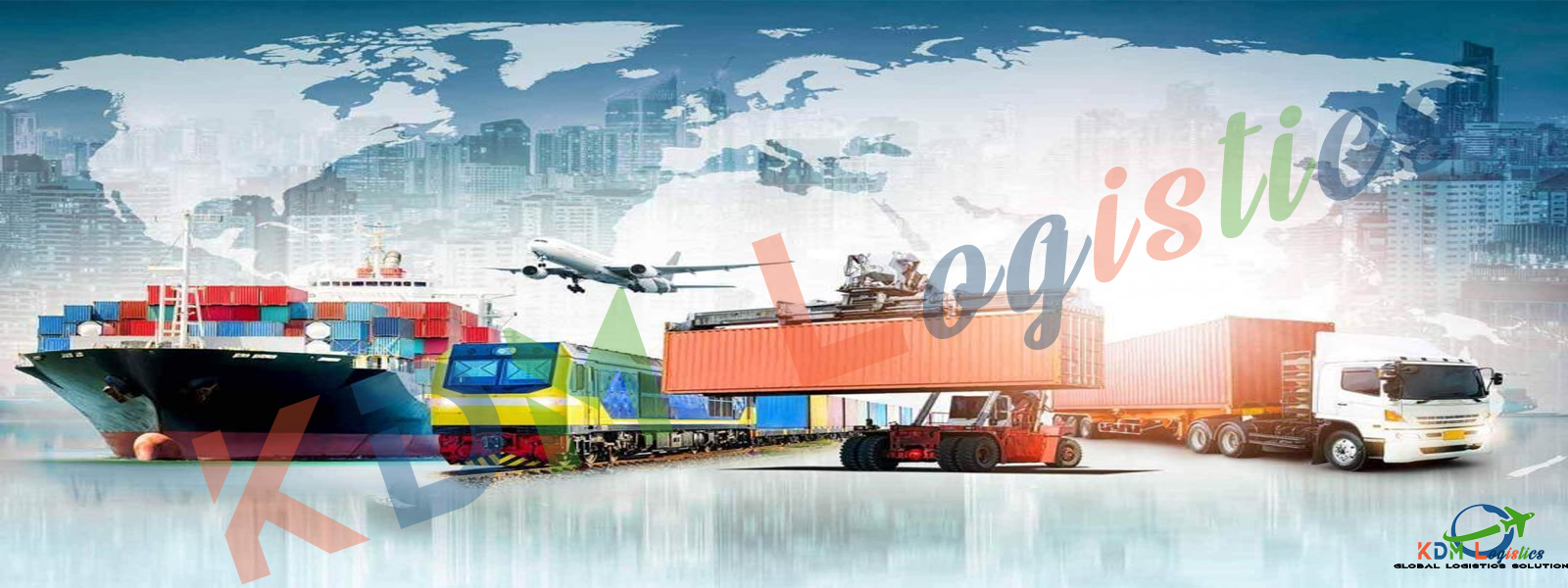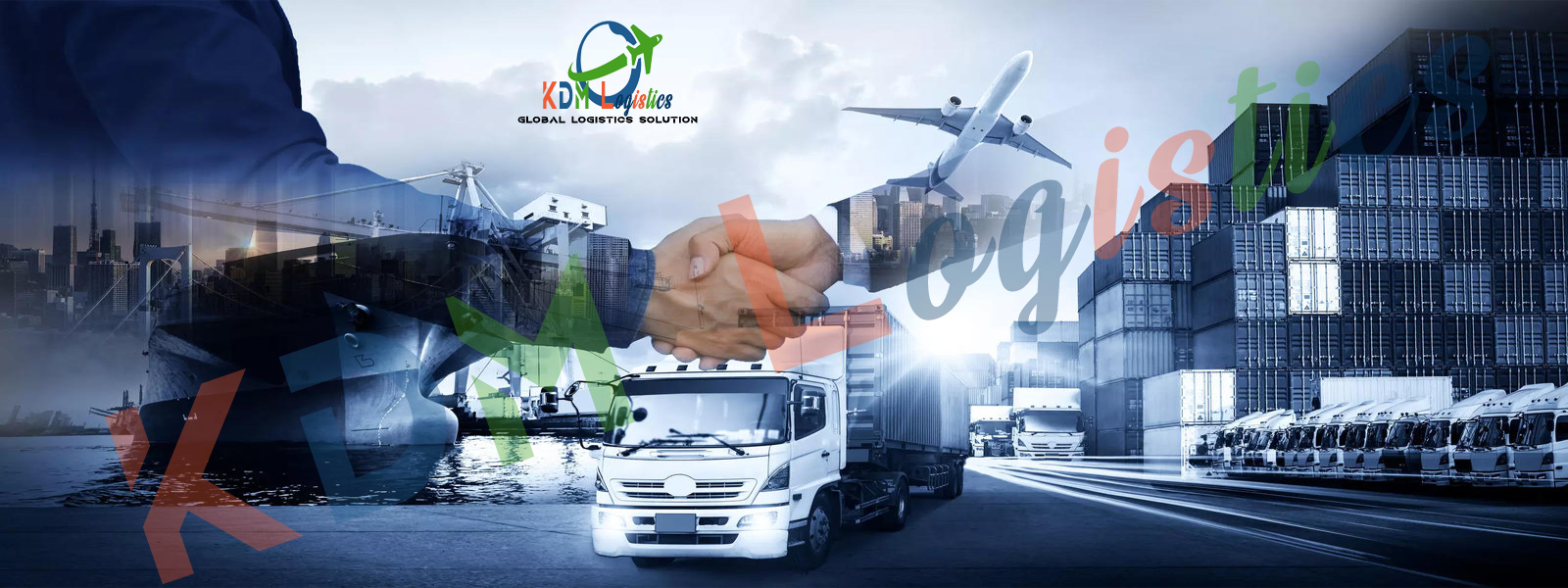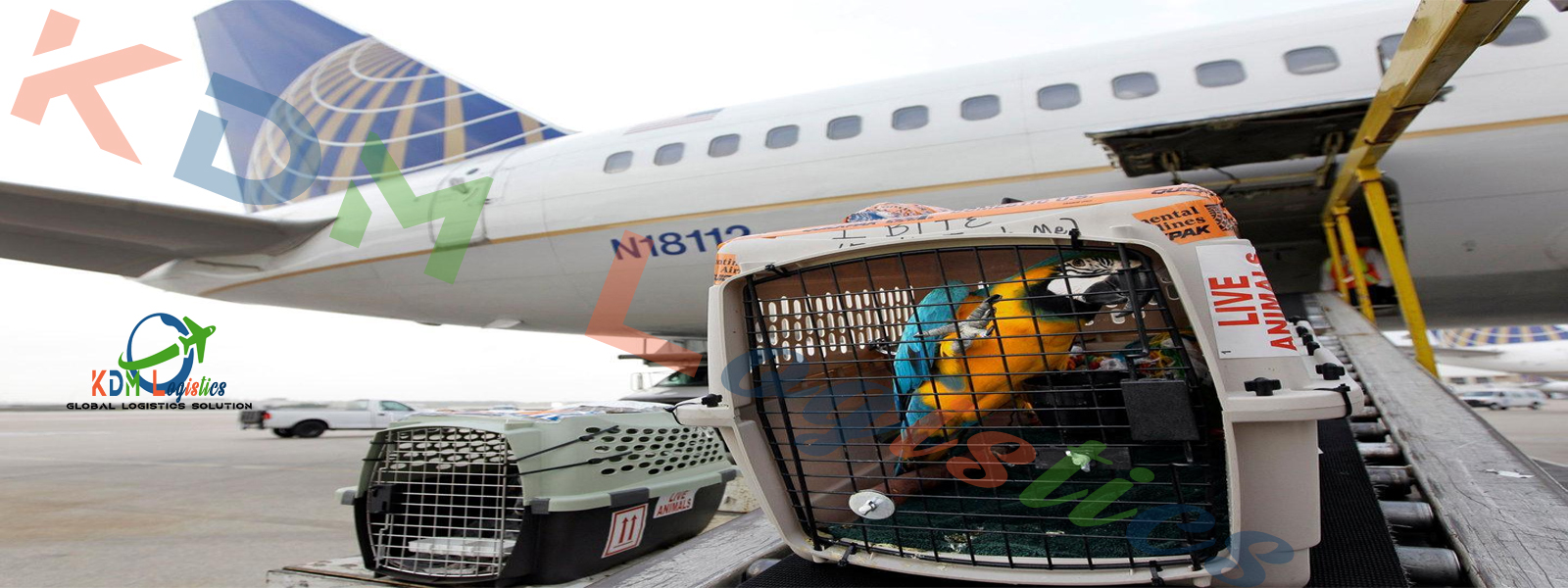INCOTERMS
Incoterms clearly define the responsibilities of the seller and the buyer in international transactions.As an in-house IATA accredited company, KDM Logistics offers comprehensive air freight services including door-to-door services from India. Expanded domestic airline payment benefits, RBI approval for overseas connections, secure storage facilities near the airport, online tracking of cargo in taxis, domestic customs clearance and self-lifts for cargo pickup. This constructive structure...

